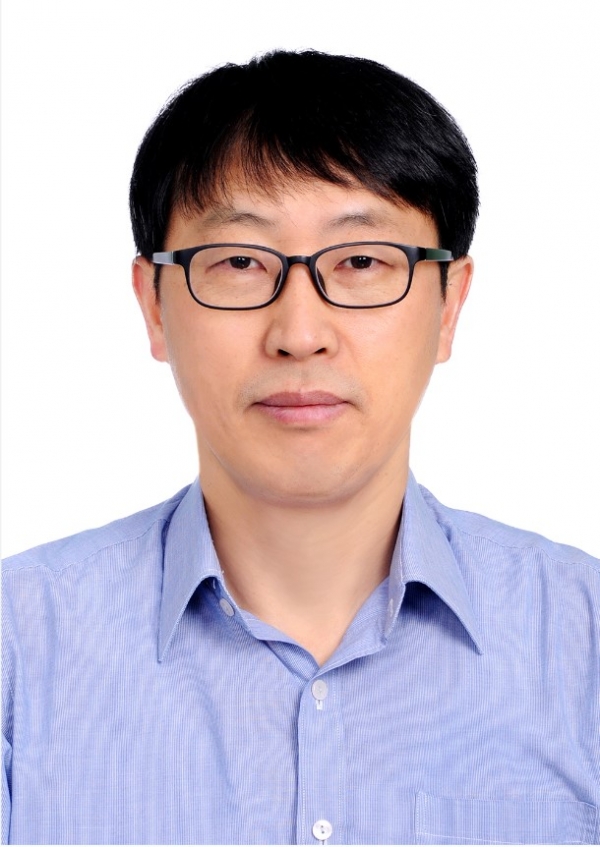“There is no other alternative.” This is what Russian voters told themselves after the fall of the Union when they cast their votes for the general election and the presidential election.
In the 1990s, Russians had not gotten over the shock of the dissolution of the Soviet Union. As a fledgling independent country, the Russian Federation’s first leader, Boris Yeltsin, was a man thought of as a drunk and a fool by essentially everyone. During his reign, the state was powerless, society was disrupted, and the economy was a jungle of lawlessness, where those with power could take whatever, they wanted. The president’s popularity plummeted, and the topic of discussion everywhere was who would become the next president.
Surprisingly, there was no next president; Yeltsin won the second presidential election as well, held in 1996. Yeltsin was timid and indecisive as a president, but he was the opposite when it came to removing his rivals. Thus, Yeltsin became the only viable candidate in the capitalist camp when the elections came around. The Russian voters did not want the Communist Party to win, so Yeltsin was the only realistic choice to avoid such a result.
Vladimir Putin, who has been at the helm of Russia since 2000, has shown a similar attitude to Yeltsin in this regard. Putin’s entrance into the political sphere was dramatic. Yeltsin’s second term was a little different from his first. Russia’s influence in the global sphere was destroyed, the nation’s economy in shambles, and domestic politics in chaos. The old and feeble Yeltsin could nor would do anything about it. In such a state, Yeltsin declared his resignation effective from December 31, 1999, and handed the reins over to Putin, whom he had appointed Prime Minister in August, a few months before his resignation. Yeltsin’s acquaintances considered Putin, who was a KGB agent and essentially a nonentity, a loyalist, and easy to control.
The new man in charge, however, was competent, much to the dismay of the old circle. Putin was a young, virulent man, unlike the impotent Yeltsin. He was yet immature as a politician, but his experience as a member of the intelligence community made up for it. Chechenia, which had desired independence, became rubble at the command of the new president. The local governments, which had almost become independent, became firmly tied to the federal government. And the economic powers, which had dominated the political powers until this point, had been brought to heel. Putin was also lucky. When the price of natural gas and crude oil skyrocketed, the Russian economy quickly recovered.
Putin’s popularity, too, skyrocketed with the recovering economy as well. Russians, who felt the shadow of the great Union under Russia’s rise, showed their total support for him. And Putin used this political capital to indefinitely extend his rule. He changed the constitution to change the term, term limits, and even the office of the presidency. He encouraged competition within his inner circle to force all those within to rely on him. Any dissenting individuals were driven from power. Sometimes by removing their political or economic influence, at other times by imprisoning or exiling, even by assassinating someone by poison or gun. And thanks to all his efforts, Russia is still living in the age of Putin, over 20 years since he took the office.
“There is no other alternative.” It’s a mantra that Russians repeat, choosing Yeltsin and his proteges in the 1990s, and choosing Putin and his supporters since 2000. These words are the self-consolation muttered under their breath as the Russian masses watch on helplessly, as the man in power eliminates the various alternatives one by one. And this is the reality of modern Russian politics, where the current lesser evil, who in turn was appointed to his spot by another lesser evil, eliminates all other options, one by one. A juxtaposition of authoritarian rulers and a powerless public.

Yang Seung-jo
[Professor at the Dept. of History]


